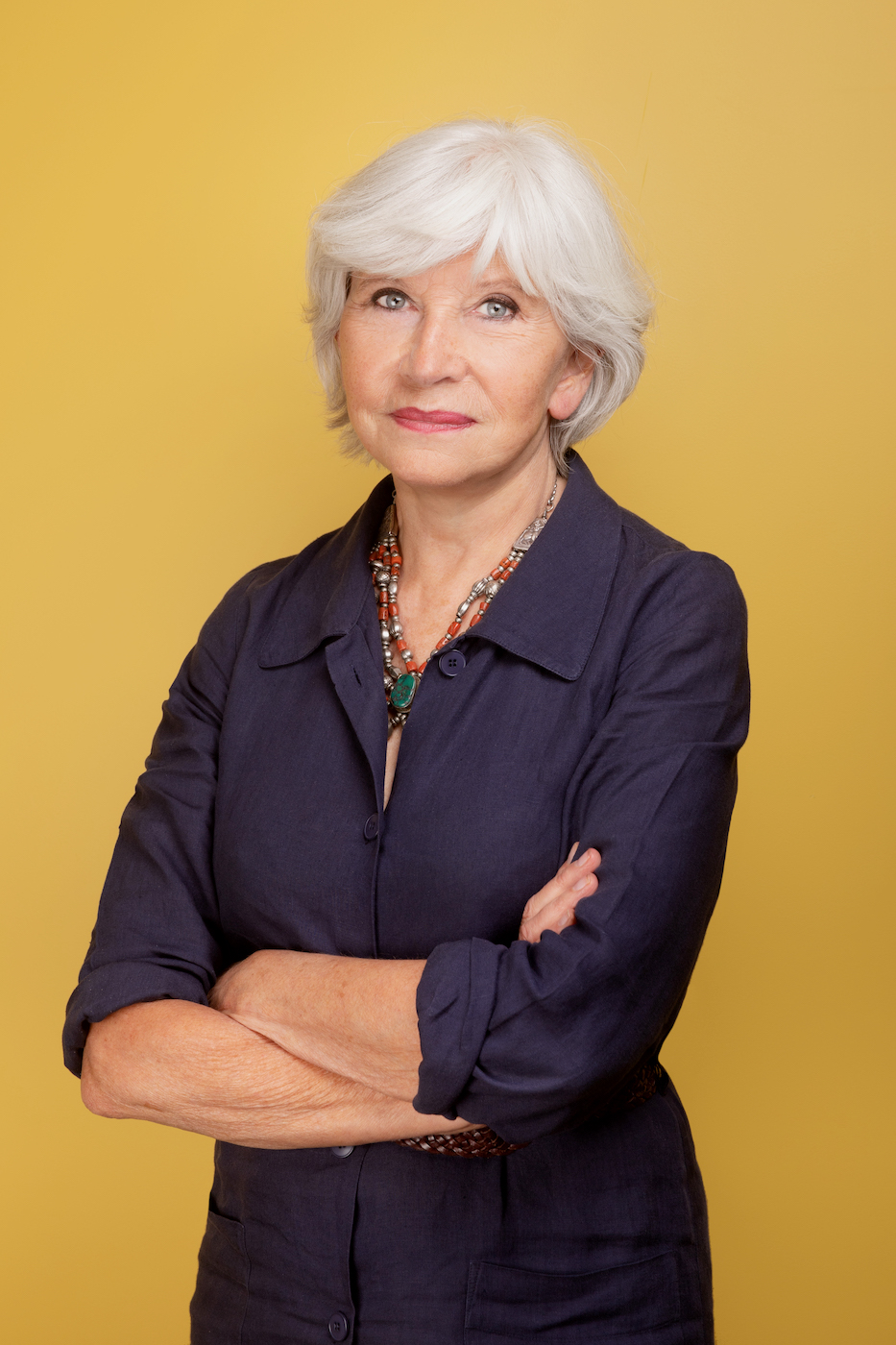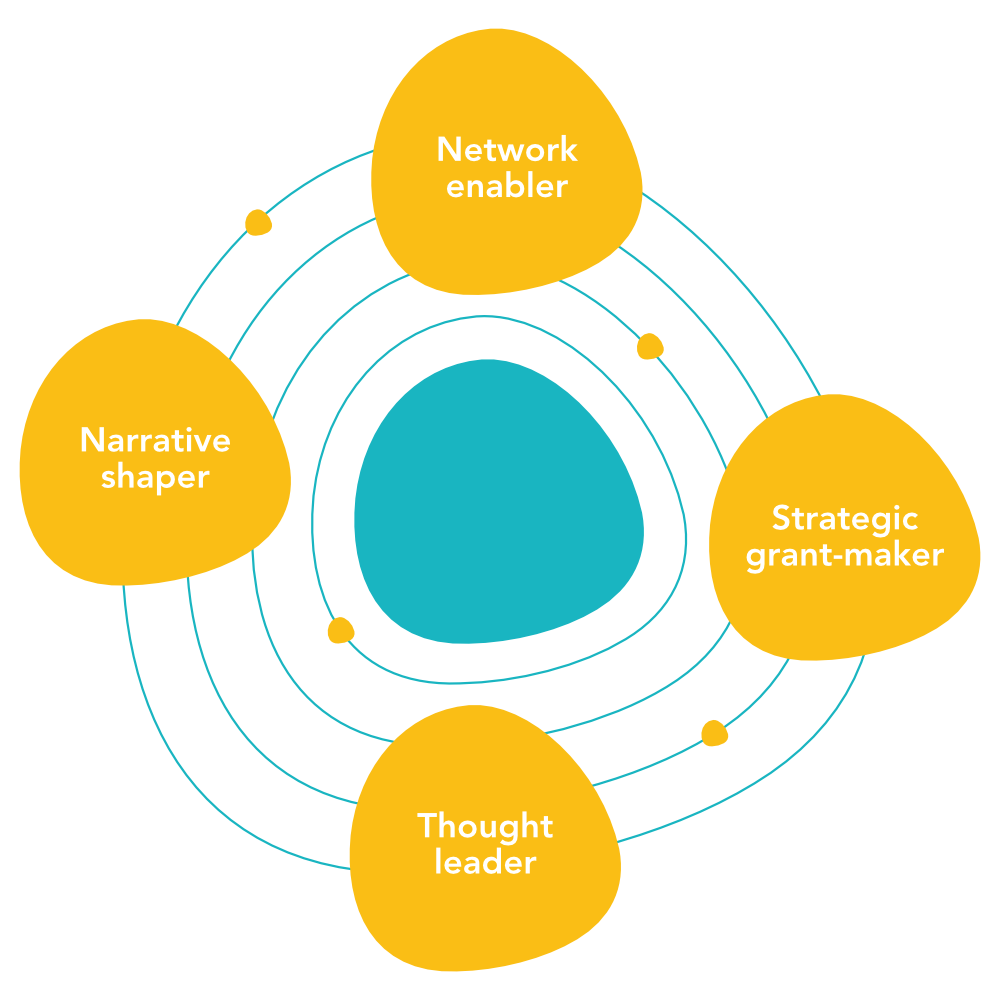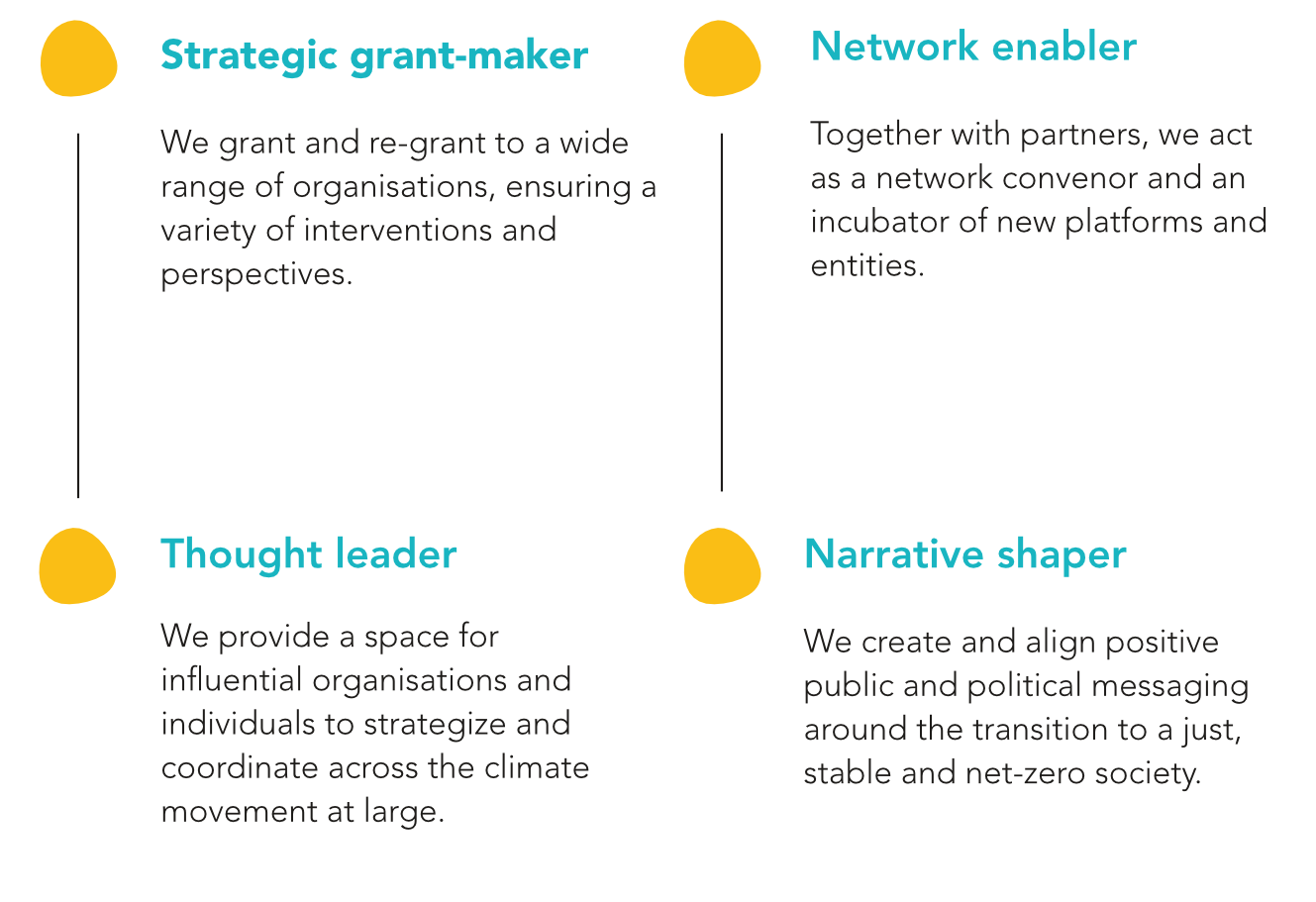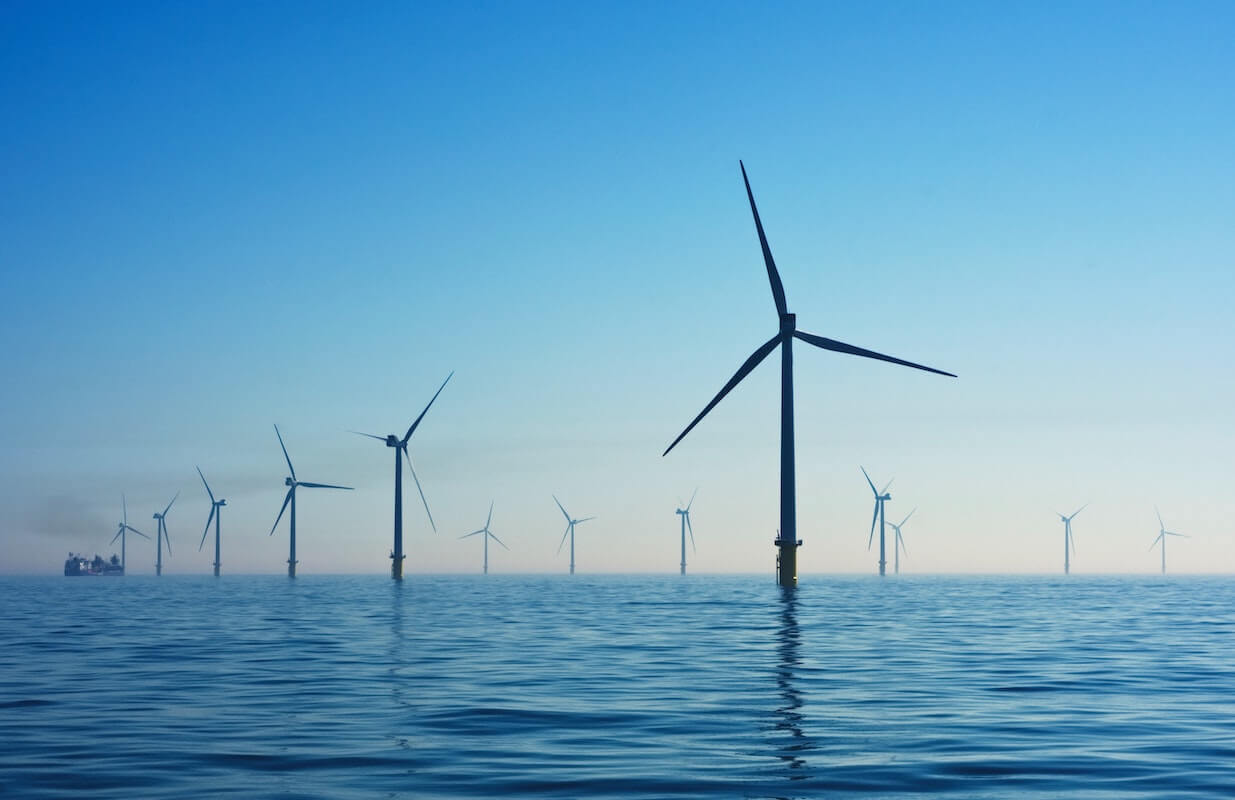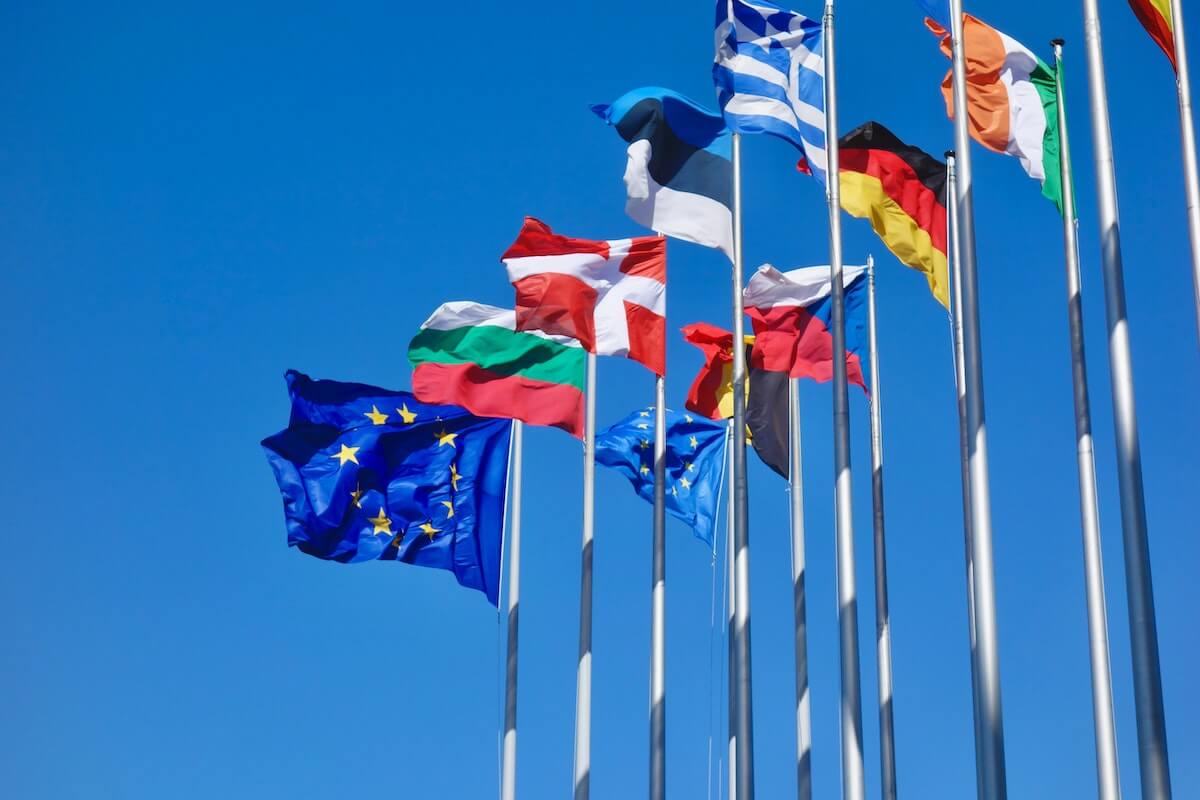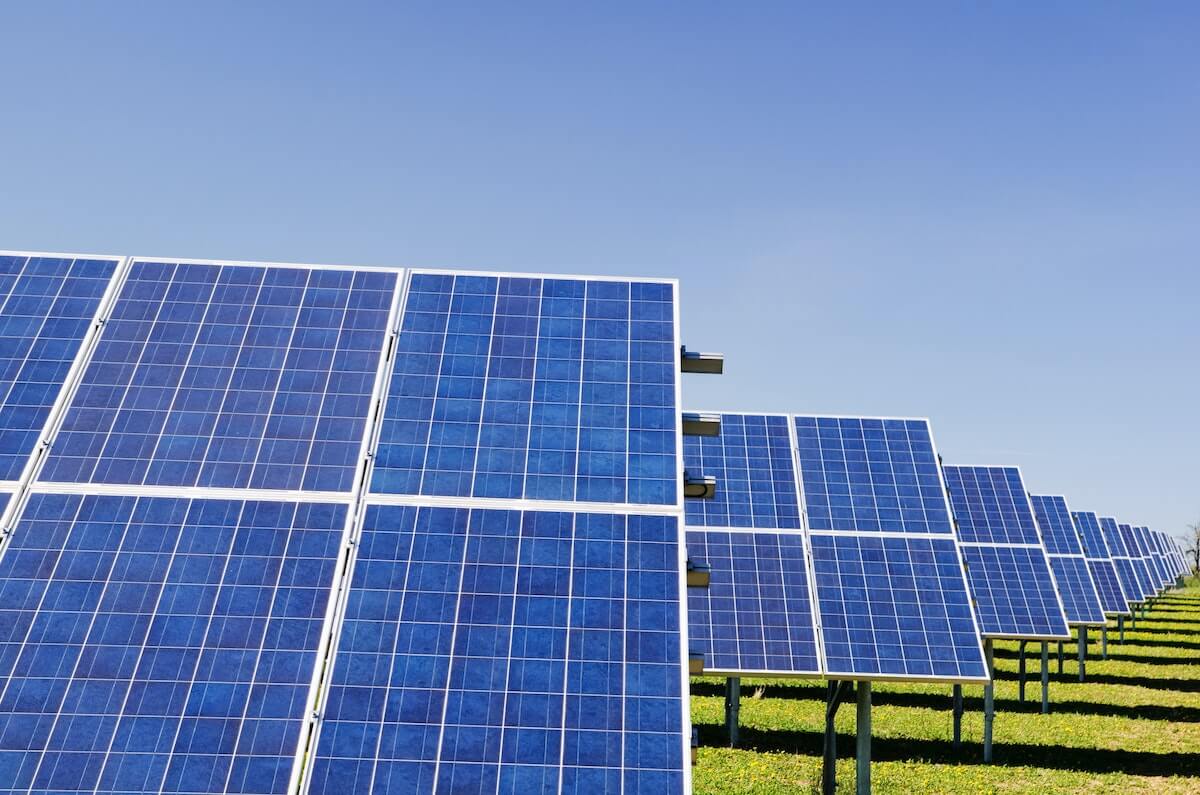The winter looms large. We contemplate the threat of gas shortages, spiralling energy prices, entrenched inflation and a global recession.
In parallel, the looming threat of a global food crisis exposing 1.6 billion people or more to hunger, in 94 countries has highlighted the limited toolbox we have in the EU and beyond to fix the broken food system. Concurrently, we see the resolve of the agro-industrial lobby in undermining the move to more sustainable farming practices as provided in the “Farm to Fork” reforms.
The trade-offs Europe is making to preserve its energy security are also leading to some difficult, disappointing and sometimes outrageous decisions: on the potential extension of coal power, on liquefied natural gas infrastructure overseas and on the sustainable finance taxonomy, to name but a few. While progress is being made along the road to net zero, the path to and through the 2030 milestone is far less encouraging.
For this reason, the COP27 in Egypt this year requires European leadership to be grounded in honesty, urgency and humility. The ECF has invested important resources to encourage European institutions to speak more cohesively and assertively on the international stage, elevating the concept of Just Energy Transitions and highlighting the influence of Europe’s technical and capital assistance. The ECF network has also helped produce high-quality analysis on the potential of Europe’s clean energy partnerships with other countries – an area that has vastly gained in importance since the war.
These tumultuous times put us all under pressure to ensure that the ECF network can drive European institutions to be focused and consistent, at home and abroad, in seeking the highest standards of climate ambition and integrity.
To do so, our grant-making approach must go further in the direction laid out in our strategic refresh: working with more flexibility and agility across sectors, European countries and the world, while pushing towards long-term goals and retaining the ability to respond in real time.
The road to the 2015 Paris Agreement taught me that philanthropy is singularly placed to go where other actors and donors cannot. Back then, it was clear that strategic grant-making, research, analysis and communications played a game-changing role in giving science and frontline communities their rightful place in the deliberations.
On a global scale – and in today’s adverse context – there is far more we could still do to strengthen the capacities of youth, women and indigenous communities with the support to match their courage.
The choice is clear. We can be disruptors. Or we can see our lives disrupted by climate impacts and by those who enable them.
Thanks to supporters and partners like you, the importance of Europe’s transformative role as a global security anchor – for lasting prosperity, a safer climate and a more peaceful era of renewable energy – will continue to grow.



